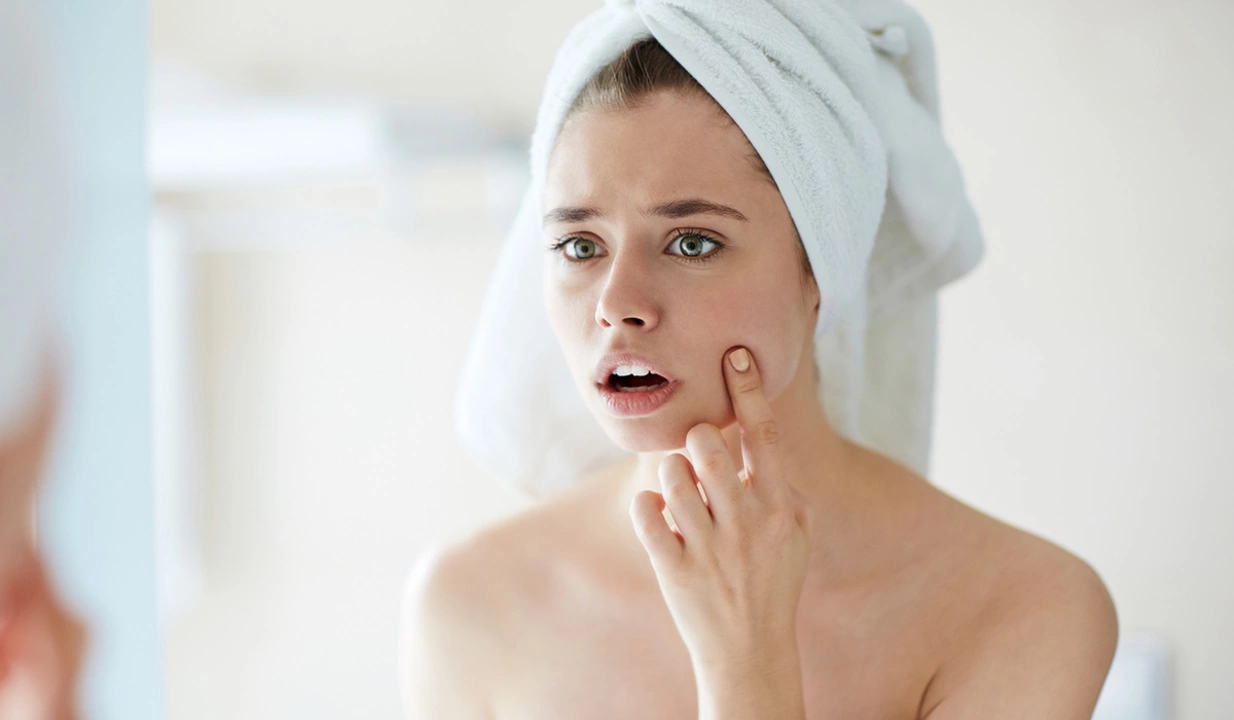Skin care: practical tips, drug rashes and simple remedies
Want skin that looks and feels healthy without overcomplicating things? Start with a few basics you can actually stick to: gentle cleansing, daily sunscreen, and a good moisturizer. These three moves protect the skin barrier, reduce irritation, and make other treatments — prescription or natural — work better.
Everyday routine that works
Cleanse once or twice a day with a mild, fragrance-free wash. Avoid scrubs and harsh soaps that strip oils. Right after washing, while skin is still slightly damp, apply a lightweight moisturizer that matches your skin type (gel for oily, cream for dry). Use SPF 30 or higher every morning—yes, even on cloudy days. If you wear makeup, remove it gently before bed.
If you have acne-prone skin, add treatments slowly: start with a spot treatment (like benzoyl peroxide or salicylic acid) a few times a week and increase as tolerated. For dry or sensitive skin, look for products with ceramides, glycerin, or hyaluronic acid. Keep your routine short—fewer products usually means fewer problems.
When skin changes might be a drug reaction
New medicines can cause rashes or allergic reactions. If you notice a rash after starting a drug, don’t ignore it. A mild rash might settle with an over-the-counter antihistamine and moisturizer, but widespread hives, swelling, breathing trouble, or fever mean get medical help now. For a deeper read on drug-related rashes, check our article about Losartan-Induced Rash.
Topical antibiotics and medicated creams have a place, but they’re not always the answer. Read about how some antibiotics are used and their side effects in our guide to Chloromycetin. Always follow a doctor’s advice before using prescription topical meds.
Natural remedies can help soothe skin but use them carefully. Coconut oil can improve skin hydration and act as a simple moisturizer for many people—read the benefits in our piece on coconut oil. Jewelweed is another folk favorite for poison ivy and itchy rashes; learn about it in Jewelweed Supplements. Remember: "natural" doesn’t always mean safe—patch-test first and stop if irritation appears.
Final quick tips: patch-test new products, avoid mixing too many actives at once, keep prescriptions and OTC meds listed for your doctor, and book a dermatologist visit for persistent or worsening issues. If a product causes severe swelling, shortness of breath, or a spreading rash, seek emergency care.
Want article links or product suggestions from our site? Browse related posts above or use our search to find more practical skin care answers tailored to your concerns.

Accutane: The Real Story Behind the Popular Acne Treatment
Accutane has built a reputation as one of the most effective acne treatments available, but it’s also surrounded by myths and strong opinions. This article digs into what Accutane really is, how it works, and what it's like to use it—warts and all. We'll look at the science, possible side effects, real tips for success, and life after treatment. If you or someone you know is considering Accutane, here’s what to expect and why the talk about it is so intense.

Sunburn and Acne: What You Need to Know
As a blogger who's experienced the pain of sunburn and the annoyance of acne, I wanted to share some essential information with you all. Sunburn can cause skin irritation that might lead to acne breakouts, so it's crucial to protect your skin from harmful UV rays. It's also important to avoid oil-based sunscreens, as they can clog pores and worsen acne. Instead, look for non-comedogenic and broad-spectrum sunscreens to keep your skin healthy and clear. Lastly, remember to stay hydrated and moisturize to help your skin heal from sunburn and prevent acne outbreaks.
